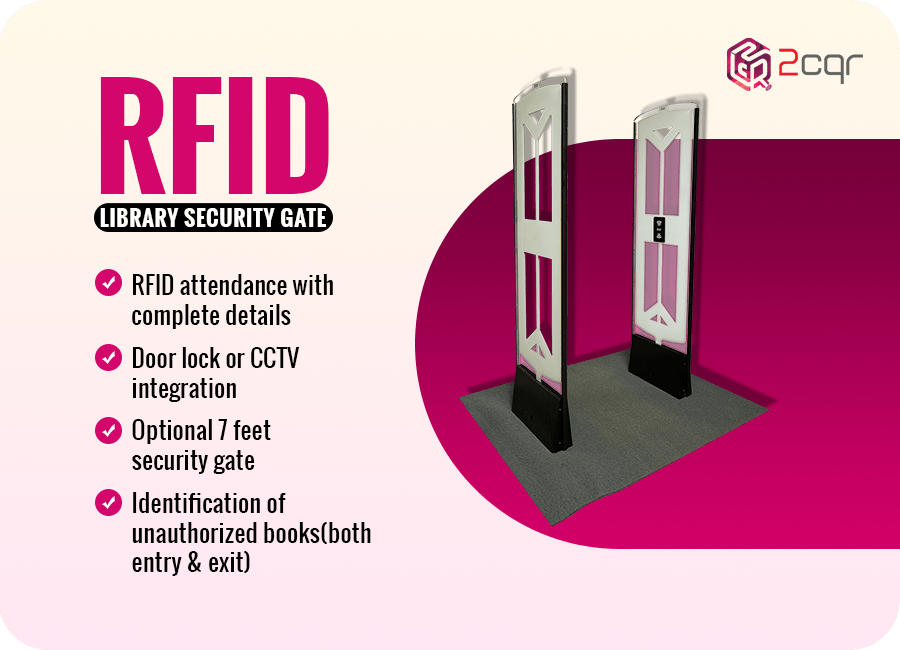
In the realm of RFID library management, the significance of RFID tags is undeniable—they wield control over the performance, efficiency, and effectiveness of library systems without a doubt.
Ensuring the care and maintenance of RFID chips becomes paramount to ensure uninterrupted library management activities and maintain a seamless user experience within libraries.
Let’s delve into the drawbacks associated with RFID tags and explore strategies to overcome them for a more effective utilisation of RFID in libraries.
Security Concerns
Security stands out as a major challenge in RFID library systems. Violations of ISO standards during RFID tag design and lapses in authorisation settings pose risks of unauthorised access to valuable data. This can lead to security breaches, compromising valuable library resources. Choosing reliable RFID suppliers adhering to stringent security standards in tag design and manufacturing becomes imperative to mitigate these issues.
Interference: Performance Disruptions
Random selection of RFID tags without considering the material of the resources they’ll be attached to, improper placement, electromagnetic waves, or multiple tag readings can cause interference. This interference disrupts signals emitted by RFID readers, resulting in incorrect data readings or tag misidentifications, hampering the overall functionality. Analysing practical implications is key to selecting appropriate tags that minimise interference.
Cost Considerations
High costs associated with RFID adoption deter many libraries. Environmental changes, physical stress, and improper resource handling can cause wear and tear or complete damage to RFID chips, necessitating tag replacements, adding to expenses. Conducting regular maintenance audits can reduce costs and enhance system sustainability.
Incompatible Tags: Efficiency Concerns
Most libraries use passive RFID systems operating at low frequency. Selecting passive RFID tags compatible with operating frequencies, protocols, and software is essential to avoid compatibility issues. Incompatibility challenges hinder RFID readers from efficiently retrieving information, leading to reduced system efficiency. Checking write limits, material suitability, and authorization settings while reusing tags helps minimize compatibility challenges.
Overcoming these tag-related challenges is pivotal to harnessing the full potential of RFID technology in libraries. Addressing security, interference, cost, and compatibility issues ensures smoother operations, enhanced efficiency, and an improved experience within RFID library systems.


